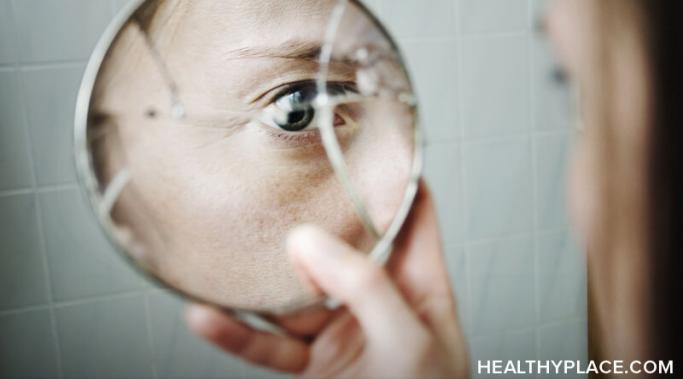Blogs
Accusations are often made that movies and television shows glamorize high-risk activities among teenagers. This is not a controversial stance. “Mainstream” cultural media provably produces content both referencing and explicitly centering on teen sex, drug and alcohol use, and other taboo subjects — appropriate for entertainment purposes, but at the cost of implying to a potentially young and impressionable audience the inherent glamor in those choices.
There are many stories of people with attention-deficit/hyperactivity disorder (ADHD) who are ambitious but feel that they struggle to reach their potential. I regularly feel a gap between what I want or believe is possible and what I actually achieve. I’ve also heard complaints from people with ADHD that they spread themselves too thin and never get really good at one thing. Not everyone can follow their passion, and it takes a lot of energy for those with ADHD to work towards their sometimes lofty goals.
While anorexia, bulimia, and other related illnesses can affect the members of any population, evidence shows eating disorders have a disproportionate impact on youth in the lesbian, gay, bisexual, transgender, queer (LGBTQ) community. As of 2018, more than 50 percent of U.S. residents between the ages of 13 and 24, who self-identify as LGBTQ, have suffered from an eating disorder at some point in their lives. This research is based on a nationwide survey of 1,034 people within this demographic, and it stands to reason, this steep percentage is a result of the unique obstacles or traumas that LGBTQ individuals often experience. So let's discuss how eating disorders can impact youth in the LGBTQ community—and how to support those who face this painful reality.
Eye movement desensitization and reprocessing (EMDR) is a therapy technique initially developed to treat trauma. There's been a lot of research conducted on this treatment modality over the last several decades. In addition to effectively resolving traumatic experiences, eye movement desensitization and reprocessing has shown to be useful in helping people overcome addictions, change negative core beliefs, and reduce emotional distress. But what exactly is EMDR?
Overcoming rumination is important because rumination is when you dwell on negative thoughts. Unlike introspection, which involves a curious and healthy exploration of thoughts and events, rumination is repetitive and self-destructive. Ruminating thoughts tend to focus on personal regrets, mistakes, and embarrassments, which feed into a negative self-image. While introspection can lead to insight and personal development, rumination keeps you stuck, trapped in a cycle of self-criticism.
I'm depressed and I'm doing nothing. I think that situation is familiar for many with depression. The secret bit is the "feeling okay about it." That's the hard part. But I know sometimes I have to do nothing when I'm depressed. Here's how I work to not feel bad about it.
I've resisted recovery for all kinds of reasons, including because I was sick of trying to be perfect. I spent most of my adolescence trying not to be like other teenagers, not to go through "phases" or be bad. I tried so hard to do things "right." When mental illness appeared in my life, I could barely do things at all, let alone do them "right," so I got angry.
I avoided living in the moment for a very long time. Years of my life flashed before my eyes, and I barely took notice. I was so intent on achievement that I never stopped to appreciate what it was to simply be alive. For me, living with schizophrenia means frequent imprisonment in a world that constantly seems to be spiraling out of control. Now, however, I’m learning to combat this feeling: I’m learning to live in the moment.
How can you support yourself and your partner? Many people believe that it is selfish to think about their own needs instead of someone else's. As a result, they put their loved ones first, sacrificing their own mental health. But what if I told you that it is possible to support yourself and your partner? The key is to balance the support you want to distribute. To learn about how my boyfriend and I find a healthy balance in our relationship, supporting ourselves and each other, read this article.
If I could talk to the teenage version of myself about authenticity, I know what I would say. I would tell her the very things she is afraid make her "weird" are actually the things that make her awesome. I would tell her to stop wasting energy being afraid of judgment, and to put that energy towards enjoying the things that make her happy.










I believe she will only be able to rid herself of her demons, and hopefully her BPD as well, when she's ready to confront the abuse of her father. If she can put the blame where it belongs, she may stop projecting that victim/perpetrator cycle on the present men in her life. These demons are a metaphor for the purgatory she has created for herself. That reality has consequences in the real world, but it need not be real in the tangible sense. Exorcising her demons will require the expenditure of real physical energy and probably the destruction of aspects of her personality. If this ever happens, and it's possible but not probable, then these demons will evaporate. They are only as real as one's personality is real. In short, reality is not the question, it's what you make of the things you feel to be real.